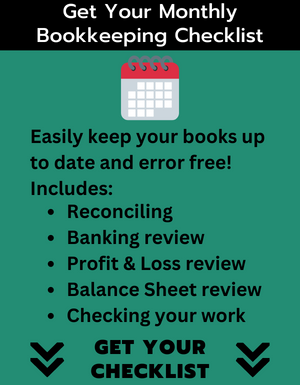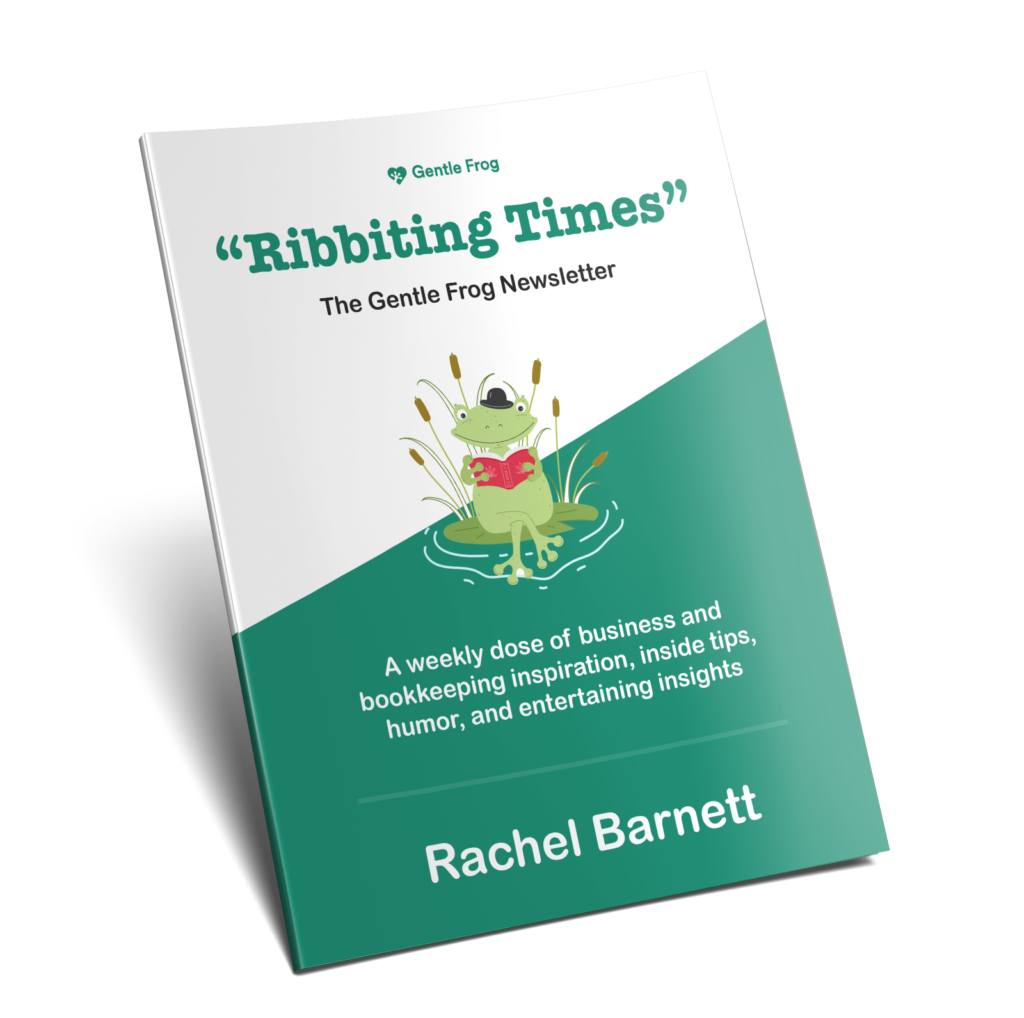Hiring a bookkeeper isn’t just about finding someone who understands numbers.
It’s about finding someone who fits your business, communicates well, and truly knows how to use QuickBooks.
Many business owners struggle with hiring because they don’t know how to assess bookkeeping skills before bringing someone on board.
In this guide, we’ll walk through what to look for when hiring a bookkeeper, how to pre-screen candidates effectively, and lessons learned from real-world hiring experiences.
Whether you’re hiring for your business or your own bookkeeping firm, these insights will help you avoid common hiring mistakes and find the right fit.
Why Hiring a Bookkeeper Requires More Than Just a Resume Review
A well-written resume can make a candidate look highly qualified on paper, but that doesn’t always mean they have the technical skills to manage your books.
Bookkeeping isn’t just about experience—it’s about accuracy, problem-solving, and knowing the ins and outs of the accounting software you use.
Many business owners assume that if a candidate lists “QuickBooks experience” on their resume, they can jump in and handle everything. But after reviewing hundreds of resumes and conducting technical interviews, we’ve seen that:
- Some candidates struggle with basic QuickBooks tasks, even with years of “experience.”
- Some applicants apply for bookkeeping jobs without actual bookkeeping experience, hoping to learn on the job.
- A candidate’s confidence level doesn’t always match their skill level.
The best way to avoid hiring someone who isn’t a great fit is to go beyond the resume and use pre-screening questions, technical assessments, and structured interviews.
Step 1: Clearly Define What You Need in a Bookkeeper
Before posting a job listing, take time to outline exactly what you need.
Not every bookkeeping role is the same, and finding the right candidate depends on matching their skills with your business needs.
Key Questions to Ask Yourself Before Hiring:
- What tasks will the bookkeeper be responsible for? (e.g., invoices, reconciliations, payroll, financial reporting)
- What accounting software do they need to know? (e.g., QuickBooks Online, Xero)
- Do they need experience with industry-specific bookkeeping? (e.g., construction, nonprofits, retail)
- Should they have tax experience, or will you handle that separately?
For example, a business that primarily manages invoices and purchase orders needs a bookkeeper with strong A/R and A/P experience. But if your business involves job costing, you need someone who understands how to categorize costs properly.
💡 Tip: Clearly list the skills required in the job description to attract candidates who actually have the experience you need.
Step 2: Use Pre-Screening Questions to Filter Applicants
If you post a bookkeeping job on Indeed, LinkedIn, or ZipRecruiter, expect hundreds of applications. Many from unqualified candidates.
To save time, use pre-screening questions to automatically filter out applicants who don’t meet basic qualifications.
Examples of Effective Pre-Screening Questions:
- How many years of experience do you have using QuickBooks Online?
- Have you worked with [your industry] bookkeeping before? If so, what did that involve?
- How do you typically handle bank reconciliations in QuickBooks?
- What reports do you generate for clients or management each month?
💡 Why this works: Many job boards have “one-click apply” options, meaning candidates can apply without reading the job description. Pre-screening questions weed out applicants who aren’t serious or lack the required experience.
Step 3: Conduct a QuickBooks Skills Assessment
Even if a candidate looks great on paper, the best way to confirm their skills is with a hands-on QuickBooks test.
How to Assess QuickBooks Knowledge in an Interview:
Instead of asking vague questions like “How comfortable are you with QuickBooks?”, use practical tasks to evaluate their skills.
Live QuickBooks Test (Best Option):
Ask the candidate to perform tasks in the QuickBooks Online test drive account while sharing their screen.
Sample tasks:
- Create a new customer and invoice them for $500.
- Record a bank deposit with a processing fee deduction.
- Enter a bill and mark it as paid.
Multiple-Choice or Written Questions:
If you can’t do a live test, create a multiple-choice or short-answer quiz.
Example questions:
- What’s the difference between cash and accrual accounting in QuickBooks?
- How do you fix a reconciliation discrepancy?
- Which report shows a company’s profitability over time?
💡 Tip: If a candidate struggles with basic QuickBooks tasks, they may not be the right fit—no matter how much experience they claim to have.
Step 4: Structure Your Interview for Success
Once you’ve pre-screened candidates and assessed their QuickBooks skills, the next step is the interview.
This is your opportunity to evaluate:
- Communication skills – Can they explain bookkeeping concepts clearly?
- Problem-solving ability – How do they handle discrepancies or missing information?
- Work style and professionalism – Do they seem reliable and detail-oriented?
Interview Questions That Reveal a Candidate’s Fit:
- “Tell me about a time you found an error in the books and how you fixed it.”
- “How do you communicate with clients (or managers) about financial reports?”
- “If a client’s books haven’t been reconciled for six months, where would you start?”
💡 Why this matters: Bookkeeping is more than just numbers—strong communication and problem-solving skills are just as important as technical knowledge.
Step 5: Make a Hiring Decision Based on Data, Not Just Feelings
Once interviews are complete, compare candidates objectively using a scoring system.
How to Rank Candidates:
- Assign points for QuickBooks skills, experience, and technical test results.
- Rate communication and professionalism from the interview.
- Consider their ability to take feedback and adapt.
This helps remove bias and ensures you choose the best candidate based on skills and fit, not just personality.
💡 Final Tip: If you’re unsure, hire for attitude and train for skill. A bookkeeper with a strong work ethic and willingness to learn is often a better choice than someone with more experience but poor communication skills.
Final Thoughts: Hiring a Bookkeeper the Right Way
Hiring a bookkeeper is a big decision.
They will have access to your company’s financials and play a critical role in keeping your books accurate.
By clearly defining your needs, pre-screening effectively, and testing QuickBooks skills, you can avoid bad hires and find someone who truly fits your business.
Key Takeaways:
- Define exactly what you need in a bookkeeper before hiring.
- Use pre-screening questions to filter out unqualified candidates.
- Test QuickBooks skills with live assessments or quizzes.
- Interview for communication, problem-solving, and professionalism.
- Make hiring decisions based on skills, experience, and fit—not just personality.
If you need help pre-screening bookkeeping candidates, schedule a free discovery call—I can help evaluate QuickBooks skills and help your businesses find the right bookkeeper.
Need QuickBooks training for your new hire? Check out our QuickBooks Online courses!






